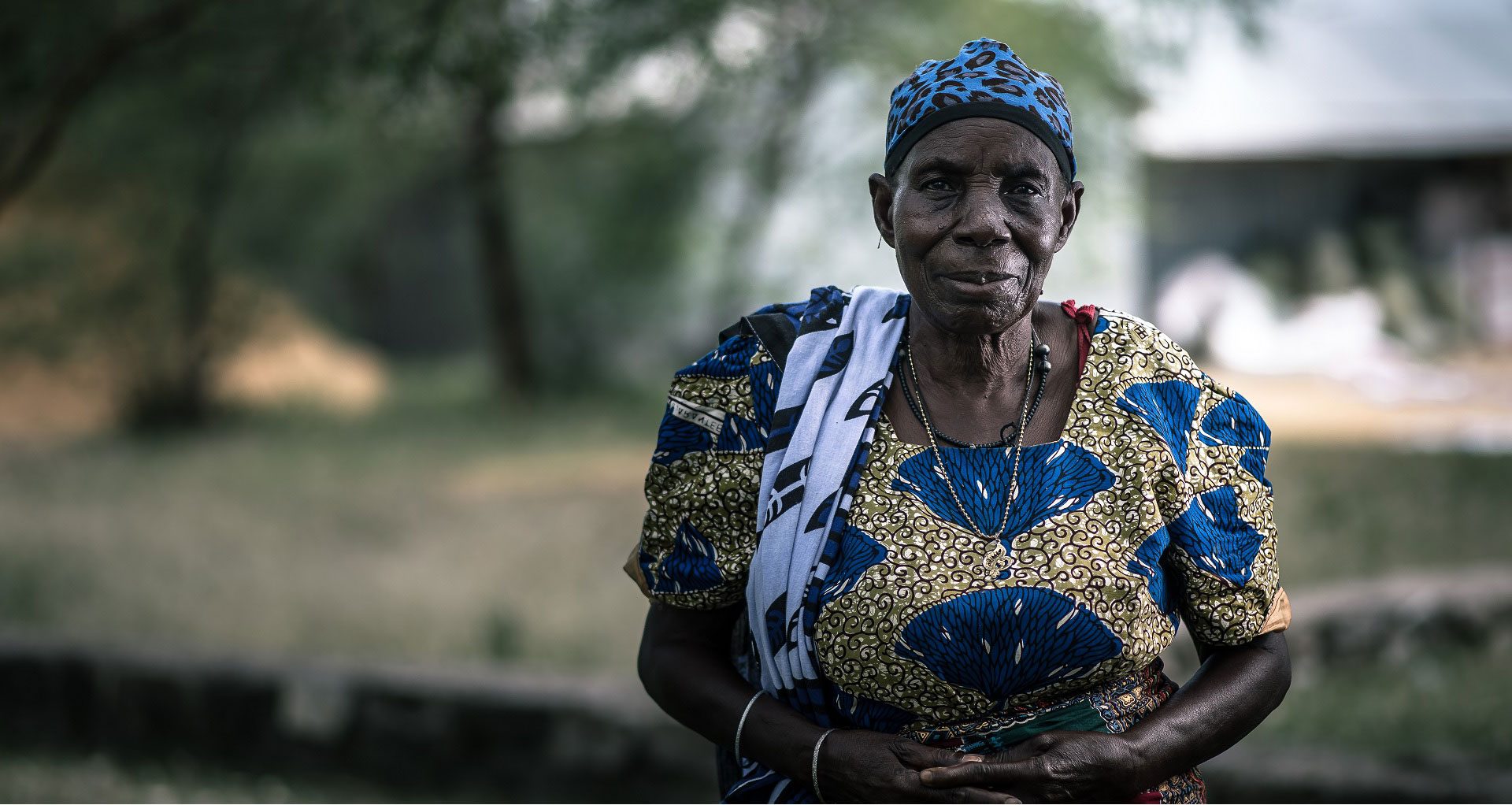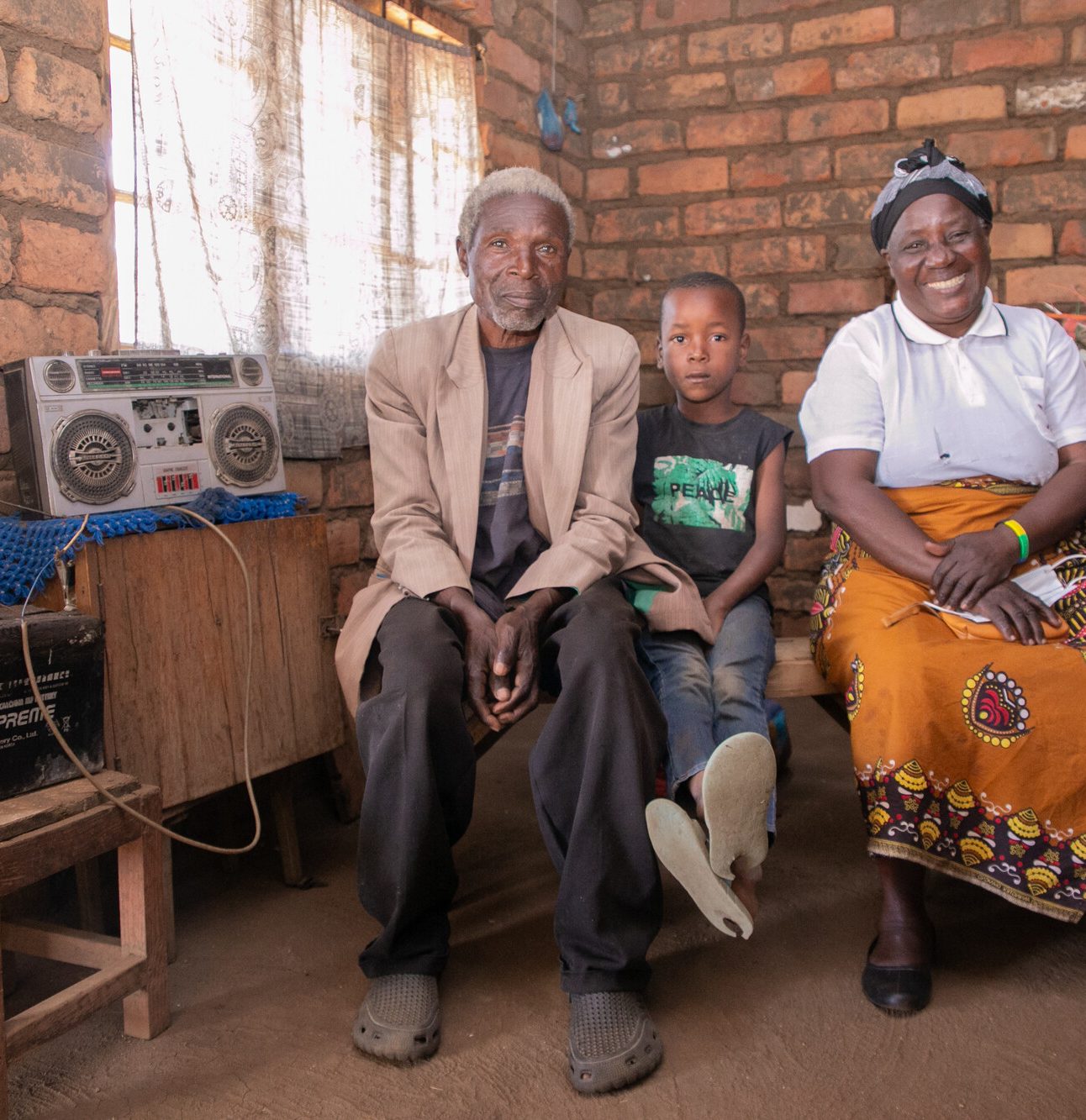Madrid 2002
HelpAge coordinated consultations with older people in 32 countries and worked with the Bolivian and Kenyan governments to help shape the UN Madrid International Plan of Action on Ageing (MIPAA).
Mark Gorman, Director of Policy at HelpAge at the time, recalls: “We brought a large contingent of older people from the HelpAge network and partners from all over the world, and made a real impact on the conference and the Madrid Plan, large sections of which we had a big hand in drafting.”
MIPAA gives greater focus to lower- and middle-income countries than the Vienna plan. It makes recommendations to improve older people’s lives with three priority areas: development, health and wellbeing, and creating enabling and supportive environments. This includes housing, support for carers of children and being safe from violence, abuse and neglect.
HelpAge continues to support the five-yearly reviews that monitor MIPAA’s progress in supporting older people around the world.
Hard-fought progress
MIPAA was based on the Millenium Development Goals and Poverty Reduction Strategies – priorities in the development sector – which gave HelpAge an opportunity to position ageing into wider conversations.
With no UN focal point for older people, Sylvia remembers how she and colleagues would put HelpAge papers outside conference rooms and on desks around the UN, watch who read them and then approach them for a conversation. They also attended events like the annual Commission on Social Development which looked at older people, family and disability issues, to raise concerns with governments and civil servants.
“We had to be engaging and we had to be relevant”, recalls Sylvia.
Momentum grew through the publication of the global AgeWatch Indexes – produced by HelpAge in 2012, 2014 and 2015 – which helped strengthen the case for older people’s rights.
Calling for HIV data on people aged 50 and over and giving a platform for older people caring for grandchildren who had been orphaned to share their experiences at the UN helped shine a light on older people’s rights, challenging the misconception that older people were unaffected by the epidemic. HelpAge played a major role in UNAIDS publishing global estimates of HIV among the over-50s for the first time in 2013.
HelpAge and the International Labour Organisation (ILO) developed their work on social protection, pressing the UN to include social protection and guidelines on the basic level of social security throughout people’s lives, including income security for older people. These social protection measures were included in the targets of the Sustainable Development Goals (SDGs) to end poverty and are recognised as a vital part in achieving them all.
Sylvia was asked to speak at the 2015 UN Summit when the SDGs were adopted. “When I got the invitation, I was having a summer party in my house,” Sylvia says. “I sat down on my step and I wept because it was like ageing was finally there. It was at the top of the UN.”
HelpAge steps up the call for a UN convention on older people’s rights
The idea of an international instrument came from South American governments during the first five-year review of MIPAA in 2007.
Bridget Sleap, who had joined HelpAge’s policy team in 2005, became the policy adviser on rights and approached the Commissions for Human Rights in Geneva and New York to raise the issue. She also began working on a country-by-country basis to monitor rights, address gaps in existing human rights systems and make recommendations.
Her analysis was used to form the HelpAge recommendations that were adopted by the UN on how the 2010 UN Convention for the Elimination of Discrimination Against Women should be applied to older women. These included the valuable contribution older women can make in society, the right to work, access to social pensions and comprehensive healthcare.
Bridget, who continued to work on rights for HelpAge as a senior policy adviser until 2021, explains: “It’s not about older people having new or different rights. It’s about taking the rights that everyone has and looking at them through a lens just as has been done for gender and women’s rights, children, racism, and disabilities.”
She adds: “I’m proud of the way we would discuss the issues with older people themselves and produce reports based on this, their rights and the implications the convention would have for them.”


